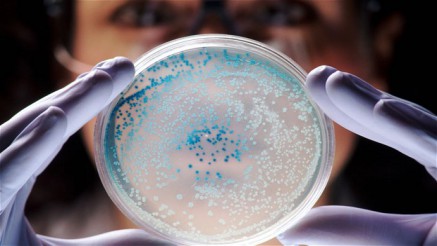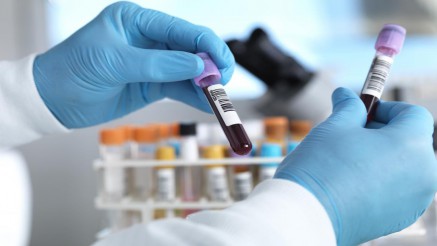Some tumors thrive and spread because their cells send out a "don't eat me" signal that makes the immune system leave them alone. Now, scientists from Columbia University in the city of New York have shown that it is possible to program bacteria to switch off the don't eat me signal and induce an anti-tumor immune response. Cells that send don't eat me signals are common not only in tumors but also in healthy tissue. This presents a challenge to developers of immunotherapies that target the signal. The team suggests that the treatment works because it does two things. First, the presence of live bacteria induces local inflammation in the tumor. This summons the immune system. The second thing that the treatment does is trigger immune cells, such as macrophages, to ingest the tumor cells because it switches off their CD47 don't eat me signal. In turn, this immune response primes "tumor-infiltrating T cells" that then migrate to distant metastases. "Thus, engineered bacteria may be used for safe and local delivery of immunotherapeutic payloads leading to systemic anti-tumor immunity.", explain researchers.
(Source: www.medicalnewstoday.com)


